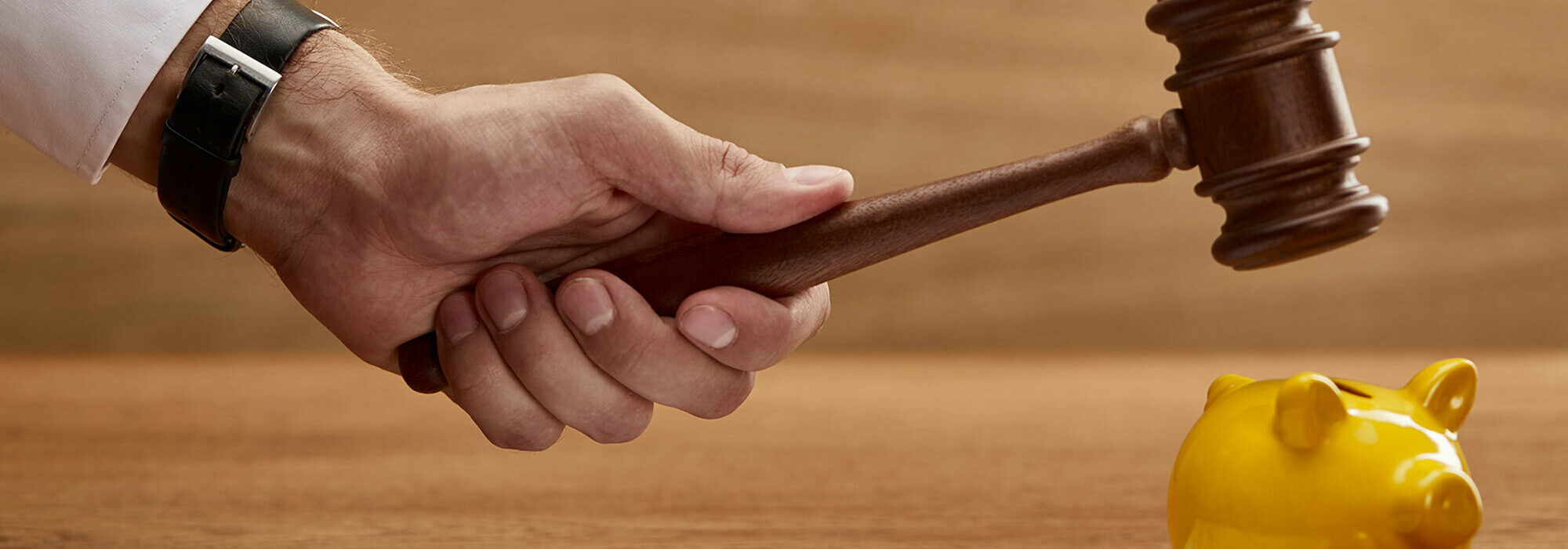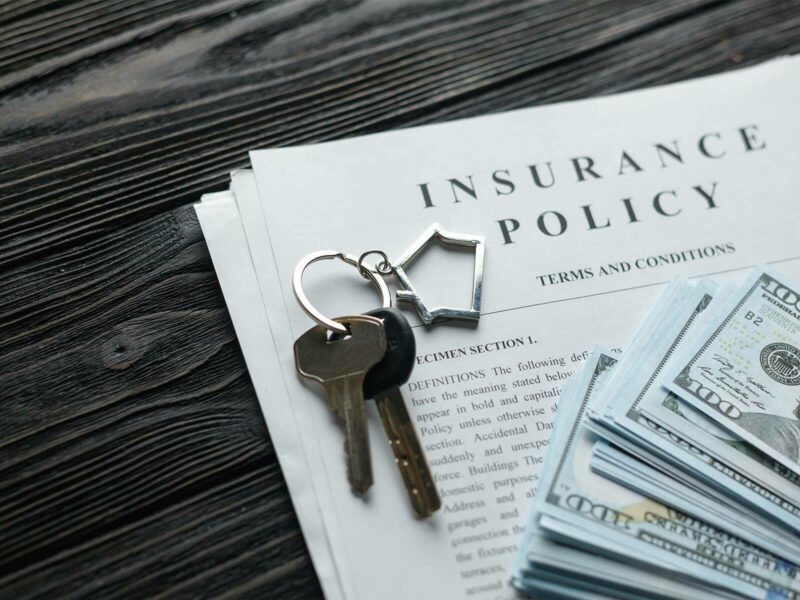Article Excerpt
Bankruptcy offers a fresh start to people in financial distress, but it can affect homeownership. Learn more about what happens to mortgages in bankruptcy.
Bankruptcy gives individuals, families, and businesses a way to get relief from overwhelming amounts of debt. Filing for bankruptcy may be necessary when someone does not have enough income to keep up with the required payments on their debts. While a bankruptcy case is pending, a court-appointed trustee will take over much of your financial life.
You can significantly reduce the amount that you owe on certain debts, or a court can discharge some debts altogether, depending on the type of bankruptcy case. Mortgage debt is different from many other common debts encountered in personal bankruptcy since it is specifically attached to your home.
Please note that we are not lawyers, and nothing in this article should be considered legal advice. If you have questions about bankruptcy, you should contact a bankruptcy attorney in your area.
The following offers an overview of what could happen to your mortgage and your home in the two most common types of personal bankruptcy.
Two Types of Personal Bankruptcy
Bankruptcies under Chapter 7 and Chapter 13 are most common for individuals.
![Photo by Fried Dough from Flickr [Creative Commons] Bankruptcy Court Chapter 13 Sign](/images/articles/_generalPhotoStandard/bankruptcycourtsign.jpg)
Photo by Fried Dough from Flickr [Creative Commons]
Chapter 7 Bankruptcy
Chapter 7 bankruptcy allows individuals to discharge certain debts altogether, although this often comes at the cost of having to sell non-exempt assets. It is only available to people who can pass a “means test.” People who qualify either have relatively low income or certain expenses are so great that they have very little income available.
Chapter 13 Bankruptcy
In a Chapter 13 bankruptcy, an individual can reorganize their debts to make them more manageable. They will not receive a discharge of debt as they would in a Chapter 7 case, but they also will not have to liquidate many of their assets.
Two Types of Debt in Personal Bankruptcy
Bankruptcy law makes a distinction between two types of debt. This distinction is particularly important where mortgages are concerned.
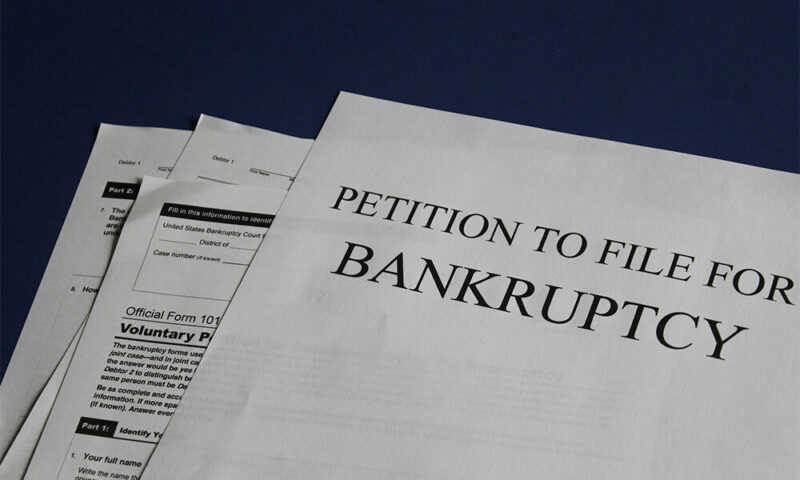
Photo by Melinda Gimpel on Unsplash
Unsecured Debt
Unsecured debt has no collateral, meaning that creditors do not have a legal right to repossess specific assets if a debtor stops paying. Credit card debt and student loans are examples of unsecured debt.
Secured Debt
Secured debt has collateral that a creditor may seize. A mortgage loan, for example, is secured by the home. If you do not make payments on the mortgage, the lender can foreclose on the property. Bankruptcy cannot extinguish the mortgage lender’s lien on the home, which is what gives them the right to foreclose.
What happens in a bankruptcy case?
When you file for bankruptcy under either Chapter 7 or Chapter 13, you must provide the bankruptcy court with an inventory of all the assets you own and all the debts that you owe. The court will appoint a trustee to manage your case and communicate with your creditors.
The moment you file the bankruptcy petition, everything you own, including your home, becomes part of a “bankruptcy estate” managed by the trustee. Texas law protects property designated as your homestead, so you most likely will not lose your home entirely. You will be limited in what you can do with your property while the bankruptcy case is pending, though.
Do I have to keep paying my mortgage during bankruptcy?
The short answer is yes, you do. Here’s the longer answer:
An important aspect of bankruptcy procedure is the “automatic stay.” When you file for bankruptcy, all legal proceedings against you must pause until either the bankruptcy case ends or the bankruptcy court allows a proceeding to resume. The automatic stay applies to foreclosure, meaning that your mortgage lender can’t foreclose on you without the bankruptcy court’s permission.
You might think that this means you can stop paying your mortgage if you file for bankruptcy. If you were to try that, though, your lender could ask the bankruptcy court to lift the stay so they could start the foreclosure process. There’s a good chance the court would grant their request.
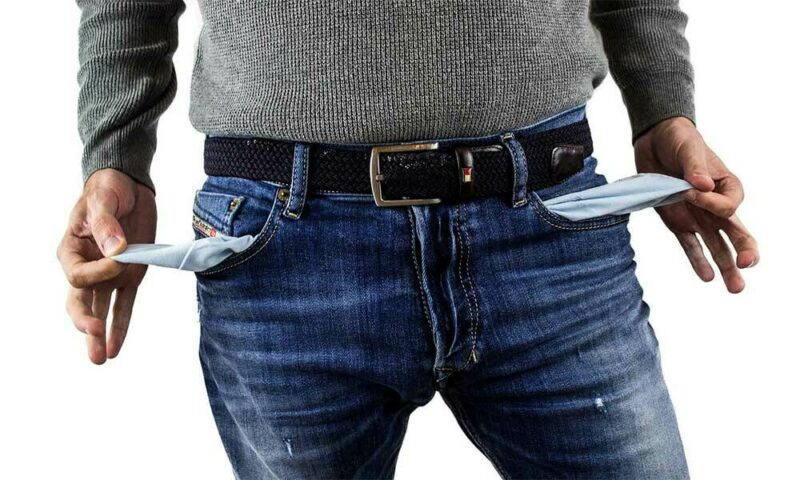
Image by Darko Djurin from Pixabay
What will happen to my mortgage — and my home — if I file for bankruptcy?
As long as the Texas homestead exemption applies to your home and you keep paying your mortgage, you won’t have to worry about losing your home in a bankruptcy case. That said, selling the home might be the only way to discharge your mortgage debt.
In a Chapter 13 bankruptcy case, your lawyer will work with the bankruptcy trustee and your mortgage lender to come up with a repayment plan. A Chapter 7 case might allow you to get rid of the mortgage debt altogether, but as mentioned before, the court only has the authority to discharge your obligation to the lender. It cannot discharge the lender’s lien on your home. If your goal is to keep your home, your best bet in a Chapter 7 bankruptcy might be to keep paying the mortgage and work on discharging other debts.
Can I buy a home after bankruptcy?
The whole point of bankruptcy is to give you a fresh start after a period of financial distress. Bankruptcy relief comes at a cost, though, so you might have to wait a bit before you can qualify for a new mortgage.
A Chapter 7 bankruptcy can have a rougher effect on your credit since it involves the discharge of certain debts. Fannie Mae and Freddie Mac typically require you to wait four years from the end of a Chapter 7 case to apply for a conventional mortgage, although you may be able to shorten that period to two years in some situations. You might have to wait three years for a USDA loan, and two years for an FHA or VA loan.
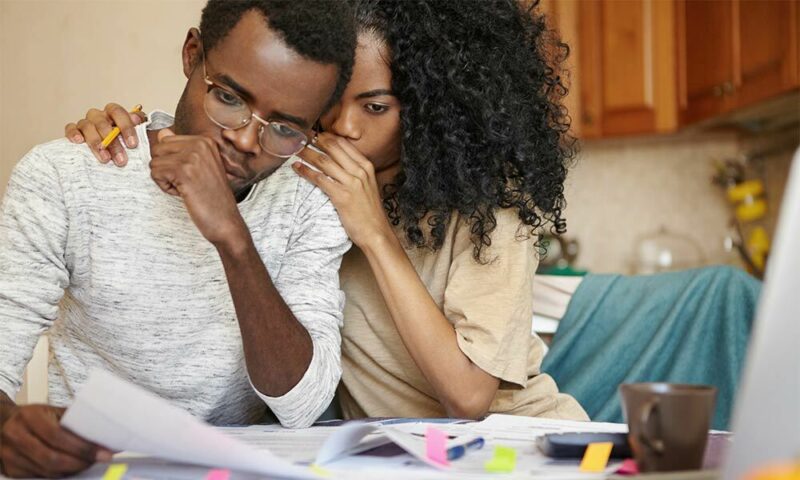
Chapter 13 is not considered as serious as Chapter 7. You will still have to wait before you may qualify for a mortgage loan under most programs, but the length of time may depend on the outcome of the case. Two outcomes are possible in Chapter 13:
The court discharges your case, meaning that you have fulfilled all of the conditions set by the trustee and the court. You may apply for a conventional loan two years after the end of the case, provided that at least four years have passed since the date you originally filed the bankruptcy case.
The court dismisses your case, which means that you did not complete the bankruptcy plan successfully. You must wait four years from the end of the case for a conventional loan.
Government-backed loan programs are more lenient. You must wait one year to apply for a USDA loan, regardless of the outcome of the case. For FHA and VA loans, you may apply at any time after a discharge or dismissal.
Buying after Bankruptcy?
Mortgage lenders may dive deeper into your financial history when a bankruptcy is found. The mortgage professionals at the Wood Group of Fairway are here to help you find the mortgage that works best for your situation. Get started on your free pre-approval by answering just a few questions online.
